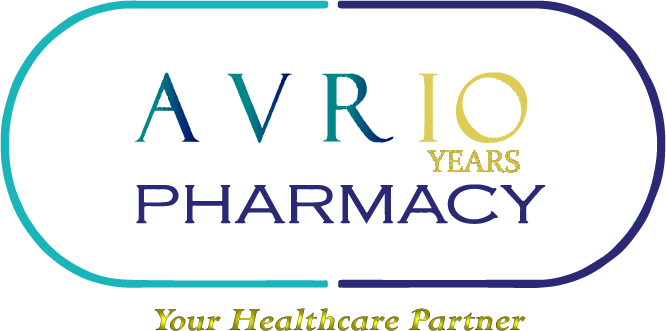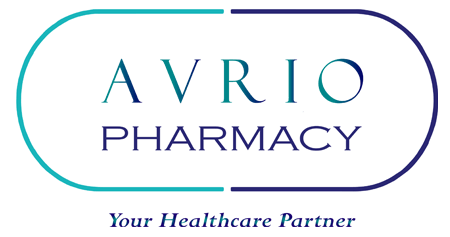If your doctor has recommended that your prescription be filled by a Compounding or Specialty Pharmacy, you might be wondering what that means. Compounding pharmacies provide specialized services to address patients’ unique medication needs.
How Compounding Pharmacies Serve Patients Every Day
What Is a Compounding Pharmacy?
Many people do not know that compounding pharmacies even exist until their prescription is called into one. Nonetheless, there are many reasons why a medication might be filled by a compounding pharmacy.
If you’re someone that has special needs that commercial drugstores or traditional pharmacies can’t meet, your doctor might call your prescription into a compounding pharmacy. This simply means that for whatever reason, your prescription must be created from scratch.
These types of pharmacies are still relatively rare. Only 7,500 out of 56,000 non-chain pharmacies in America are compounding pharmacies. In addition, health care facilities such as hospitals may also engage in compounding.
These pharmacies fill a vital void for their patients. Even the FDA recognizes this. They make clear on their website that compounding pharmacies fill an “important medical need for patients.”
What Do Compounding Pharmacies Do?
So, what is it exactly that compounding pharmacies do? First, they offer many benefits to those that have special medical needs. For example, they ensure that those allergic to a specific ingredient are still able to get the medication they need. They also ensure children averse to certain medications are still able to consume them.
At most traditional pharmacies, the drugs are merely dispensed. This means that their dosages are fixed. When a pharmacist “compounds” it means that they are creating a unique drug specific to the patient’s needs as prescribed by the doctor. They also have the ability to create unique dosages, or strengths.
They need to create these unique medications for varying reasons. Occasionally, an available drug might not work for a patient. Or, a patient may need a drug that has been discontinued or is experiencing a shortage at the time.
Under the guidance of a licensed practitioner’s detailed order, a pharmacist may mix and create a unique prescription that better meets their patient’s needs. It’s worth noting, however, that it is illegal for pharmacists to simply duplicate already existing commercial drugs.
Plus, their role doesn’t only give them the ability to alter dosages or strengths. They may also alter flavors, ingredients, and forms. They may do this in order to make medication more palatable, remove allergens or make medications easier to administer.
In doing this, pharmacists may create a topical cream, suppository or transdermal gel. They may make medications used to treat children, adults, and even pets.
The medications they make serve numerous uses. These can include–but aren’t limited to—hormone therapy, ophthalmological, gastrointestinal, dermatological, and urological uses.
Do Compounding Pharmacists Receive Special Training?
While all licensed pharmacists are trained in basic compounding, compounding pharmacists often go a step beyond this. These pharmacies are different in that they have likely invested in the appropriate training and equipment to best meet the needs of these unique patients.
While it is not required by state law, those that work in compounding pharmacies have often received specialized training in order to do the jobs they do.
Additionally, some compounding pharmacies choose to pursue national accreditation, ensuring that their facilities and practices meet the highest standards as put forth by independent auditing organizations. Although costly and laborious, pharmacies choose to undergo accreditation not only to keep their processes standardized and accurate, but also as a commitment to patients and providers that exceptional healthcare is their number one priority, regardless of the cost.
The truth is that these pharmacies fill a unique role in that they allow patients to receive the medications they desperately need. Without them, many people would go without necessary medications simply because their needs are different from those for whom medications are traditionally manufactured.
These are among some of the benefits compounding pharmacies offer their patients every day.
AVRIO Pharmacy is an accredited specialty and compounding pharmacy in Scottsdale, AZ. With one of the few compounding labs in the Phoenix area, our mission is to be an integral part of the care and well-being of our clients by delivering outstanding value and service. Please contact us at 480-270-6700 if we can help you with your medication needs.
Sources
Peters, K. (2017, December). Those Involved in Compound Pharmaceuticals Beware; Law Enforcement Is Focused on You.
Compounding Pharmacy Of America (n.d). Compounding Pharmacy Frequently Asked Questions by Patients.
APHA (n.d). Frequently Asked Questions About Pharmaceutical Compounding.
FDA (2018, June). Compounding and the FDA: Questions and Answers.


